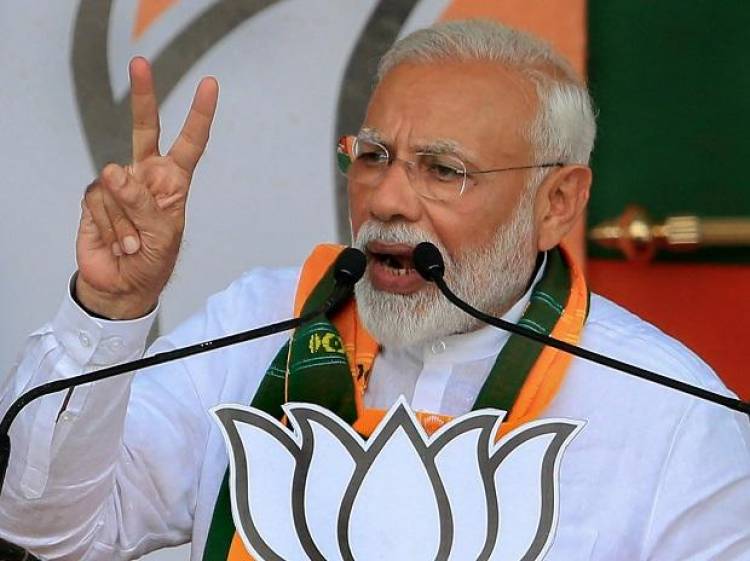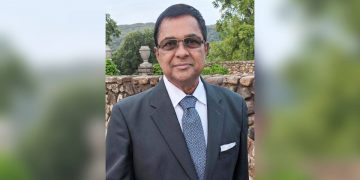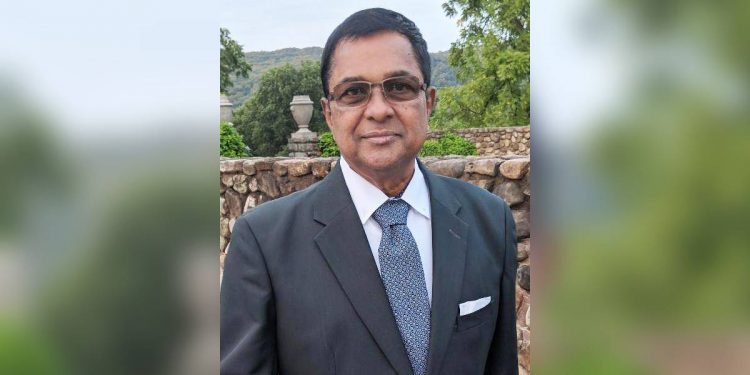“In all these strategies of mankind to rise to a true state of civilization, the towering figure of Nehru sits unseen but felt at all council tables. He is missed by the world, because he is so wanted, he remains a living force in the tremulous world of today”, part of a tribute Nobel Laureate, Martin Luther King Jr. paid to Pandit Nehru.
From agricultural diplomacy in the mid-19th century, to vaccine diplomacy in the third decade of the 21st century – that’s how relations between Trinidad and Tobago and India have progressed along with the wheels of time. As we observe the 74th anniversary of India’s Independence, August 15, 2021 in this tiny Caribbean-island country, the struggles continue for recognition of the Indian community and for a true reflection of the diversity of the national citizenry.
The Indian diaspora worldwide remains a powerful force, whether in Trinidad and Tobago, Suriname, Guyana, and Jamaica or in other parts of the Caribbean, or for that matter in Europe, United States, Canada, Fiji or Mauritius, or elsewhere. We must always keep in mind that the Indian diaspora is not a myth, but a feature of humanity that has its original existence in a spiritual force.

We must not forget that over 148,000 East Indians were brought from India, principally from Uttar Pradesh and Bihar, by the then British colonial government between 1845 and 1917 to rescue the ailing sugar, cocoa and coconut plantations. Their presence was needed to enhance the economic and financial security of the colony.
A flash forward to today, May 30, 2021, shows the then colony has graduated to political independence. But even after 59 years of our own management of the country, there are several issues concerning national development, the promotion of diversity in its fullest form, and equality for the Indian diaspora – about 42 per cent of the 1.3 million population of Trinidad and Tobago – remain elusive.
The Indian diaspora regretfully lost Prof. H.S.Adesh, 84, who passed away last December after spending 54 glorious years of his life in Trinidad and Tobago, during which he wrote and produced books, songs, poems, and drama, and enriched one and all with his deep knowledge of Hinduism, Indian philosophy, dance as also other forms of cultural exposition.
His was a regenerative initiative for the continued exploration and enhancement of Indian art forms. His inputs demonstrated that the philosophy of multiculturalism or cultural diversity must be continued without any break, and there is an urgent need for increased financial support for all cultural activities with special emphasis on the Indian diaspora.
Trinidad and Tobago, like India, shares a seat at the United Nations, the Commonwealth and several multilateral agencies. Yet representations at these world institutions seldom reflect the diversity of its national citizenry. The Indian community continues to fight for recognition, and against long-held wrong perceptions about Hinduism and its ancillary channels and culture.
Prime Minister Keith Rowley, despite receiving plenty of complaints about the Indian diaspora not being given proper recognition and housing, social and employment opportunities, boasted at the Global Indian Diaspora Conference in Divali Nagar in March 2017 that although indentureship ended in 1917, the majority of the community members chose to remain in Trinidad and Tobago, “and for this, this nation is eternally grateful”.
As India observes its 75th anniversary of Independence, and Trinidad and Tobago marks its 176th Indian Arrival Day, May 30, 2021, the Indian diaspora must aggressively pursue excellence in science, business and politics as these ideals could better define the Indian identity and reinforce the virtues of culture and values. The countries which focused on and built excellence achieved better tolerance for cultural and ethnic differences and laid stronger foundations for sustainable economic progress. Multi-ethnic countries need a model of a nation that has achieved remarkable success with an emphasis on excellence in all spheres of governance.
In multi-ethnic societies like Trinidad and Tobago, nation-building remains elusive because there is too much concentration on building ethnic and cultural identities, rather than building an identity of excellence. There is an over-emphasis on the distribution of the national political advantage rather than a focused effort on creating a bigger cake through excellence and efficiency for distribution of the slices among the total population,
In today’s Covid 19 environment, nations fail, not only because their leaders fail to deliver, but also because we fail at the individual and community levels. Nation-building requires people and politicians do not only seek short term gratification, but plan and strive for long-term prosperity.
There is a need for a global consortium that could provide an institutional mechanism for cooperation among politicians and policymakers in small states. The Indian diaspora – or Indo-Trinidadians and Tobagonians – has the overwhelming capacity to provide leadership to give the impetus on achieving excellence in all areas.
Our efforts to achieve success in national development could find inspiration in the works and actions of the likes of Rabindranath Tagore, Mahatma Gandhi, Jawaharlal Nehru, Martin Luther King, Nelson Mandela and Mother Teresa.
For the continued existence of Trinidad and Tobago, one must turn to the teachings of these great personalities, because if we do not learn, then the people’s thoughts and ideas will not be shaped by reason, but by leaders who would take us to the abyss.
Former Trinidad and Tobago Minister for Foreign Affair Winston Dookeran in a message, in the book, “India in the Caribbean”, writes: “As with other diasporas, the Indian community does have an affinity with India. That affinity was kept alive by films, letters and ties of kinship. The earlier generations, understandably, were more nostalgic. Globalization, today, however, is triumphant. With growing convergence among nations and states, nostalgia will recede and some memories will be lost. While not losing their heritage, the Indian community is first and foremost part and parcel of the citizenry of Trinidad and Tobago. The journey was long, at times arduous and difficult, but always inspiring, in the discovery of a new Caribbean identity”.


































































